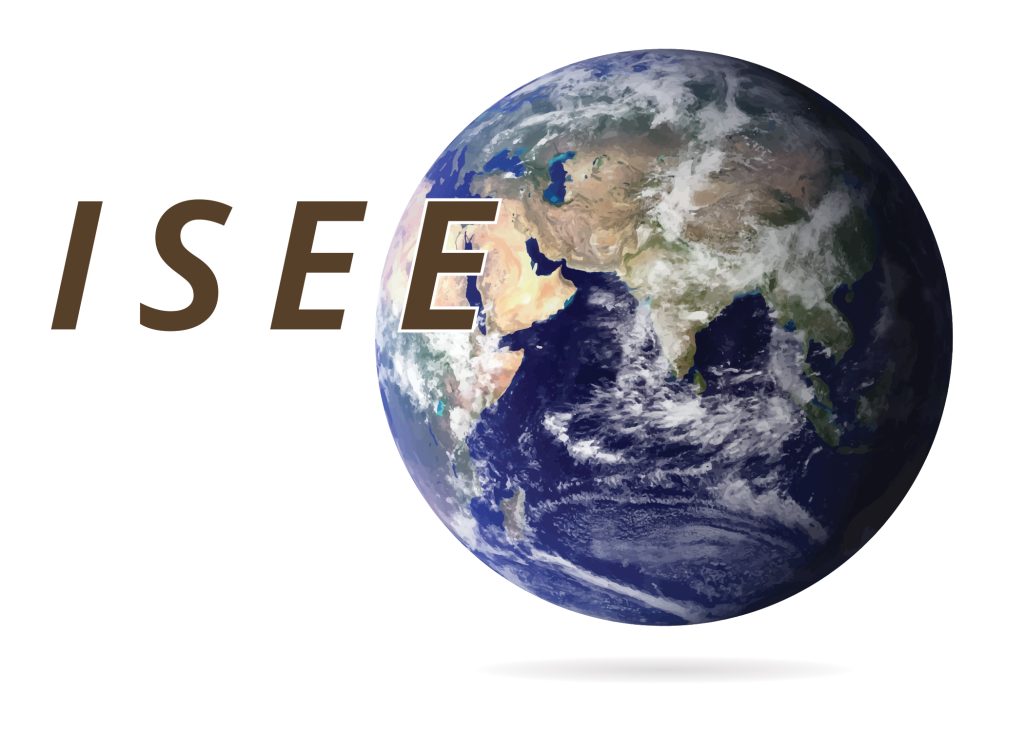
Building Alternative Livelihoods
in times of ecological and political crisis
International Online Joint Conference of the international degrowth research networks, the International Society for Ecological Economics and the European Society for Ecological Economics, hosted by the University of Manchester, UK.
This event came at a critical time for our planet, its people, and the entire living world. Lives and livelihoods have been unequally impacted and threatened by climate change, ecological degradation, and the global pandemic. The construction of alternative livelihoods requires a radical transformation of the economy, culture, and society. What are the institutional arrangements which safely provide for basic needs, social stability, and democratic legitimacy in the transition to environmental sustainability? How can both social justice and ecological justice for the populations of the Global North and the Global South be ensured? How can political support be mobilised for the necessary transformations?
We had an enormous response to our calls for contributions with a variety of symposia and round tables, artistic and participatory events, that will appeal to scholars and activists concerned.
There will be conversations with Naomi Klein and George Monbiot and events with indigenous activists and with trade unionists.
Plenary Speakers and Panels
Plenary Speakers
Naomi Klein
Naomi Klein is the inaugural Gloria Steinem Endowed Chair in Media, Culture and Feminist Studies at Rutgers University, and an award-winning journalist, syndicated columnist and international and New York Times best selling author of: How To Change Everything: The Young Human’s Guide to Protecting the Earth and Each Other (2021), On Fire: The (Burning) Case for a Green New Deal (2019), No Is Not Enough: Resisting the New Shock Politics and Winning the World We Need (2017), This Changes Everything: Capitalism vs. The Climate (2014), The Shock Doctrine: The Rise of Disaster Capitalism (2007) and No Logo (2000). In 2018, she published The Battle for Paradise: Puerto Rico Takes on the Disaster Capitalists (2018) reprinted from her feature article for The Intercept with all royalties donated to the Puerto Rican organization juntegente.org.
George Monbiot
George Monbiot is an author, Guardian columnist, and environmental campaigner. His best-selling books include Feral: Rewilding the land, sea, and human life and Heat: how to stop the planet burning; his latest is Out of the Wreckage: a new politics for an age of crisis. George co-wrote the concept album Breaking the Spell of Loneliness with musician Ewan McLennan, and has made a number of viral videos. One of them, adapted from his 2013 TED talk, How Wolves Change Rivers, has been viewed on YouTube over 40m times. Another, on Natural Climate Solutions, that he co-presented with Greta Thunberg, has been watched over 60m times.
George is working on a new book, to be published in 2022, about how to feed the world without devouring the planet.
Plenary Panels
Building alternative livelihoods in time of crisis: Alliances between academia and activism
Participants: Josh Farley, Tania Briceno, Gabriela Cabaña, Alexandra Köves, Tonny Nowshin, Clive Spash, Julia Steinberger
The future of ecological economics
Participants: Bob Costanza, Corinna Dengler, Beatriz Saes, Bengi Akbulut, Lisi Krall, Louison Cahen-Fourot
Diverse Voices
Participants: Glicéria Jésus da Silva (Célia Tupinambá), Tamara Goddard
Trade Unions and the Just Transition
Participants: Sean Byres, Paul Goldrick Kelly, and Brenda O Neill
Universal Basic Income, Universal Basic Services and care payments: a dialogue on the provision for basic services
Participants: Jan Otto Andersson, Maeve Cohen, Vincent Liegey and Anna Saave
Mainstreaming a new economics: Levers for change in a post-COVID economic recovery
Participants: Bina Agarwal, Jane Mariara, Jasper Kenter, Sandra Waddock, Simone Martino, and Sam Buckton
Plenary Videos
2020 Colloquium
Economy and Livelihoods after Covid-19 A global on-line symposium of the international degrowth network and the International Society for Ecological Economics.
September 1 to September 4th, 2020, University of Manchester.
The Covid-19 pandemic and responses to it have had deeply unequal impacts on lives, livelihoods, and well-being across races, gender, and class. At the same time, it has opened up the space for new possibilities for building alternative livelihoods and economies that can take us beyond a capitalist economy that requires ever-expanding growth. Will we go back to business as usual with all the ecological, social, and economic risks that will bring or take the path towards a new kind of economy that provides for human needs all while restoring and protecting the natural world that we all depend on?
Day One
Day Two
Day Three
Day Four





